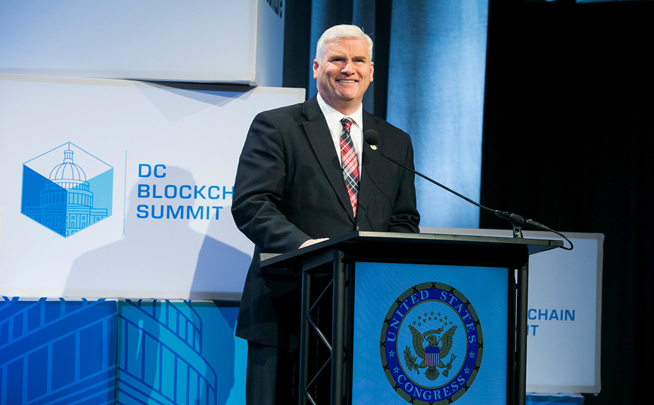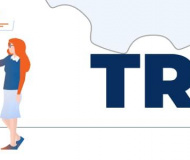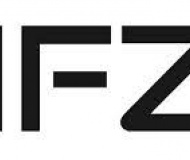USA prepare legal framework for BLOCKCHAIN regulation
News:
Date added: 01.10.2018Co-chair of the Congress of Voters Blockchain Caucus is preparing 3 bills that will regulate the functioning of the technology of blockchain and crypto-currency in the USA
 Congressman from the District of Columbia, Tom Emmer, appointed as co-chair of the US forum Blockchain Caucus, during his speech spoke in support of the blockchain technologies. In particular, he stated that he, together with his associates, will try to help Congress and the public fill gaps that exclude the understanding of the importance of new technological achievements for the next generations of America.
Congressman from the District of Columbia, Tom Emmer, appointed as co-chair of the US forum Blockchain Caucus, during his speech spoke in support of the blockchain technologies. In particular, he stated that he, together with his associates, will try to help Congress and the public fill gaps that exclude the understanding of the importance of new technological achievements for the next generations of America.
Tom Emmer believes that the blockchain is a destructive technology, in the positive sense of this word, which will change the ways of doing business practically in all spheres. The processes in the field of crypto-currencies, coupled with the cooperation of politicians and economists, will expand the economic potential of the United States around the world.
As a consequence of subsequent actions in this direction, the Congressman intends to prepare for the consideration of Congress 3 documents:
- «Blockchain Regulatory Certainty Act» is an act on the need for legal regulation of the blockchain,
- «Resolution Supporting Digital Currencies and Blockchain Technology» is a resolution in support of digital money and blockchain technology,
- «Safe Harbor for Taxpayers with Forked Assets Act» is an act on safe harbor for taxpayers with digital assets that survived the fork.
Let us remind you that the term «fork» in blockchain means the allocation of a part of a product to another product, in which part of the source code is copied. For example, Litecoin is the «fork» of Bitcoin crypto-currency, since its developers have made a number of changes to the Bitcoin code by launching a new project.
Emmer insists that only simple and understandable law will be perceived and implemented by taxpayers. The exclusively legal regulation of the blockchain technology will allow awakening the national private sector for further growth.
In addition to the abovementioned, Tom Emmer, as the second chairman of a group of congressmen who are confident in the applied method of regulating crypto-currencies, believe that cloud assets can develop independently. Against the backdrop of the official position of the Committee on Financial Services of the US Congress, which assumes that the crypto-currency is an inefficient form of assets, possible only for use by terrorists, Emmer's statement is pretty brave.
Earlier, the congressman had already spoken about the need to regulate crypto-technologies, but he insisted on not excessive crackdown by the state. As an example, he cited the experience of Japan, in which only one supervisory authority - the National Tax Office - regulates the market of crypto-currency. The presence of a multitude of controlling bodies, constantly monitoring each other, and also bringing confusion to the citizens, who do not know which of them to turn to, will not lead to the prosperity of blockchain.
Despite Emmers' enthusiastic statements, he realizes that the debate in Congress, in the process of considering the bills that he will prepare in the future, can be politicized. At the same time, he is sure that it is impossible to stop the development of blockchain and crypto-currency.
According to the politician, the industry has huge opportunities, and the disclosure of its potential requires considerable amount of time. The search for an optimal solution that excludes regulatory functions exclusively from the state, except in matters of fraud, requires special attention of state bodies.

















